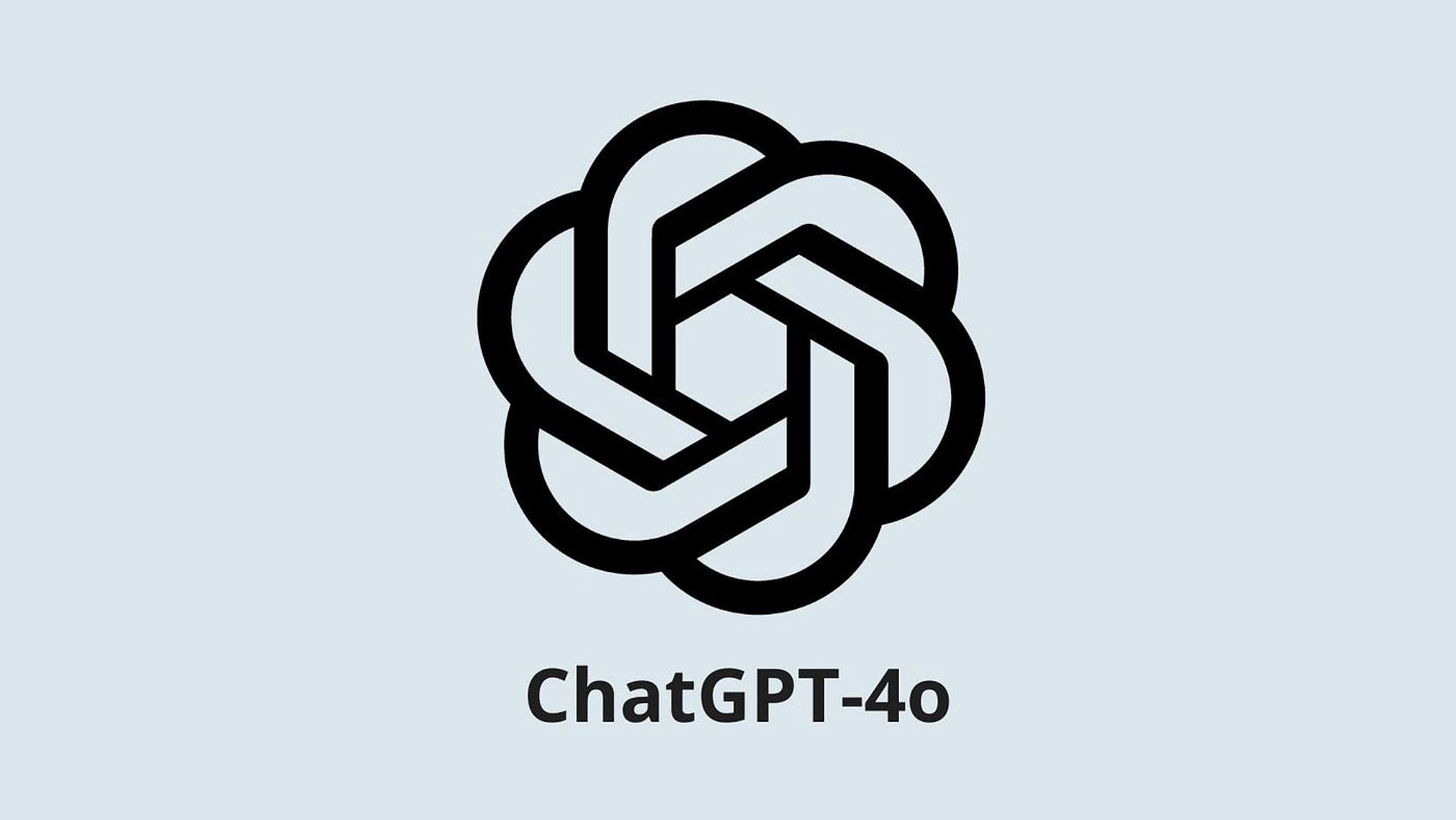AI Copilot for SREs & On-Call Engineer — Top RCACoPilots | SRE Agents
In today's digital world, SREs and on-call engineers keep systems running 24/7. As software becomes more complex, traditional troubleshooting falls short. RCACoPilots, like Doctor Droid, use AI to diagnose and resolve issues faster. This blog explains how these tools can streamline incident response and make on-call life easier for engineers.
Introduction to AI Copilot for SREs & On-Call Engineer - Top RCACoPilots | SRE Agents
Imagine you're an on-call engineer, woken up in the middle of the night by an alert. You rush to your computer, facing a vague error message with no clear solution. Every minute of downtime adds to the cost and stress. Wouldn't it be helpful to have a reliable assistant to guide you through the chaos?
Enter RCACoPilots—AI tools that act like digital assistants, helping you manage incidents quickly and effectively. This blog will explain what RCACoPilots are, their benefits, and highlight some popular options, including Doctor Droid. By the end, you'll see why these tools are essential for SREs and on-call engineers.
What is RCACoPilot?
RCACoPilot, or Root Cause Analysis Copilot, is an AI assistant that helps SREs and on-call engineers quickly identify and resolve incidents. Think of it as a co-pilot guiding you through the complexities of incident management.
Understanding the root cause of an issue is crucial but can be time-consuming and stressful. RCACoPilots use machine learning to analyze system behaviors, correlate events, and suggest likely causes in real-time, helping reduce downtime and stress.
These tools are like seasoned engineers on your team, quickly identifying familiar issues and recommending solutions. Beyond just finding root causes, they provide insights into patterns and anomalies and even predict future problems, making your infrastructure more resilient.
In short, RCACoPilots transform incident management, offering essential support to SREs and on-call engineers by making the troubleshooting process faster and more effective.
What are the Benefits of an RCACoPilot?
An RCACoPilot offers invaluable support during incident management and root cause analysis. Here are the key benefits that make these tools essential for SREs and on-call engineers:
1. Faster Incident Resolution
RCACoPilots quickly analyze data and provide insights, reducing downtime and speeding up incident resolution.
2. Improved Accuracy in Diagnosing Issues
These tools use algorithms and historical data to accurately identify root causes, minimising human error.
3. Proactive Incident Prevention
RCACoPilots monitor systems and predict potential issues, preventing incidents before they occur.
4. Reduced On-Call Stress
They offer guidance and solutions during incidents, easing the burden on engineers, especially during late-night calls.
5. Continuous Learning and Improvement
RCACoPilots learn from each incident, improving their effectiveness and adapting to your environment.
6. Enhanced Collaboration and Knowledge Sharing
By documenting incidents and resolutions, these tools create a knowledge base that improves team collaboration and onboarding.
7. Cost Savings
Reducing downtime and speeding up resolutions lead to cost savings, making RCACoPilots a valuable investment.
Some of the Most Popular RCA CoPilots
As software systems grow more complex, RCACoPilots are essential for SREs and on-call engineers. These AI tools manage incidents, minimize downtime, and boost reliability with features like real-time management and proactive prevention. Here, we'll explore popular RCACoPilots to help you find the best tool for your needs.
Tools
Doctor Droid

is an advanced RCACoPilot designed for SREs and on-call engineers, offering a smart, reliable way to manage incidents and perform root cause analysis. It's fast, accurate, and proactively prevents issues, making it essential for teams aiming for operational excellence.
Benefits
Why Doctor Droid Stands Out:
- AI-Driven Precision: Uses advanced AI to quickly identify root causes, reducing downtime and saving time.
- Proactive Monitoring: Continuously monitors systems to detect and prevent potential issues before they become incidents.
- Dynamic Adaptation: Adjusts to your system’s behavior to minimize false alerts, reducing alert fatigue and focusing on real issues.
- Seamless Integration: Integrates with tools like Slack and Jira for real-time alerts and smooth collaboration, fitting into your existing workflows.
- Comprehensive Post-Mortem Analysis: Provides detailed reports after incidents to help teams learn and improve continuously.
- User-Friendly Experience: Intuitive interface suitable for both experienced SREs and junior engineers, promoting effective collaboration.
- Open Source Playbooks Repository: Offers a community-driven repository of incident response playbooks that can be customized and shared, promoting standardized processes and faster resolutions.
Why Choose Doctor Droid?
Doctor Droid is more than just an incident management tool—it's a proactive partner in operational excellence. With AI-driven insights, real-time monitoring, detailed post-incident analysis, and an open-source playbooks repository, it helps teams handle incidents efficiently and prevent future ones, making on-call responsibilities smoother and more manageable.
GitHub Copilot

is an AI coding assistant from GitHub and OpenAI, designed to help developers code more efficiently. It also supports SREs and on-call engineers with incident management and root cause analysis by automating tasks, generating scripts, and offering quick solutions during on-call duties.
Benefits
Why GitHub Copilot is Beneficial for SREs:
- Code Suggestions and Automation: Speeds up writing scripts and automating tasks by providing intelligent code suggestions, reducing time spent on repetitive work.
- Quick Fixes for Common Issues: Suggests quick fixes based on common patterns, helping apply solutions during incidents and troubleshooting familiar problems.
- Enhanced Troubleshooting: Assists on-call engineers by suggesting problem-solving approaches, debugging tips, and relevant code examples to improve troubleshooting.
- Documentation Assistance: Helps generate documentation for scripts and workflows, aiding incident resolution and enhancing team preparedness.
- Seamless Integration with Development Workflow: Integrates with tools like Visual Studio Code, allowing SREs to use Copilot directly within their coding environment.
Why Choose GitHub Copilot?
GitHub Copilot boosts productivity, offers quick solutions, and supports troubleshooting and documentation for SREs and on-call engineers. It's a valuable tool for teams using GitHub and Visual Studio Code, enhancing efficiency and improving incident response.
OpenAI ChatGPT4o

is a versatile AI assistant from OpenAI. Though not specifically built for SREs, it offers valuable support in incident management and root cause analysis.
Benefits
Why OpenAI ChatGPT4o is Useful for SREs:
- Versatile Problem-Solving: Assists with various tasks, including generating code, writing scripts, and troubleshooting, making it useful for handling diverse issues.
- Quick Access to Information: Quickly retrieves and summarizes information, saving time during incident response, especially with unfamiliar technologies.
- Support for Documentation and Communication: Helps create post-mortem reports, draft updates, and automate alerts, improving communication and documentation.
- Interactive Learning and Training: Acts as a learning tool for expanding knowledge and improving skills, offering explanations and training resources.
- Flexible Integration: Integrates into platforms like Slack and Microsoft Teams, fitting seamlessly into existing workflows for immediate support.
- Code Assistance: Helps with generating code snippets, debugging, and optimizing scripts, streamlining work and reducing errors.
Why Consider OpenAI ChatGPT4o?
ChatGPT4o's versatility and wide-ranging knowledge make it a valuable tool for SREs and on-call engineers. It supports various tasks, enhances communication, and provides quick, context-agnostic help, making it a great addition to any team’s workflow for improved efficiency and knowledge management.
Claude

is a general-purpose AI by Anthropic, designed to help across various fields like engineering, customer service, and content creation. While not specifically for SREs, its versatile capabilities make it useful for incident management and troubleshooting.
Benefits
Why Claude is Useful for SREs:
- Broad Knowledge Base: Trained on extensive datasets, Claude offers valuable insights and quick information for troubleshooting complex issues.
- Context-Aware Conversations: Claude understands context well, providing detailed, step-by-step guidance for incident resolution like a knowledgeable colleague.
- Assistance with Automation and Scripting: Generates code snippets, automates tasks, and suggests script improvements, aiding quick fixes during incidents.
- Enhanced Documentation and Reporting: Helps draft reports, generate documentation, and create post-mortem analyses, ensuring clear communication.
- Continuous Learning and Knowledge Sharing: Serves as a resource for learning new concepts, best practices, and training, enhancing team skills.
- Flexible Integration Options: Integrates with platforms like Slack and Microsoft Teams, fitting seamlessly into existing workflows.
Why Consider Claude?
Claude’s versatility, safety, and context-aware capabilities make it a valuable tool for SREs and on-call engineers. It enhances incident management, supports learning, and integrates easily into workflows, making it a strong option for teams looking for a reliable, general-purpose AI.
Conclusion
Choosing the right RCACoPilot depends on your team's needs and workflows, as each tool has unique strengths for incident management and root cause analysis.
- Doctor Droid is ideal for teams focusing on incident prevention and response, offering specialized features like in-depth analysis, proactive monitoring, and detailed post-mortems.
- GitHub Copilot suits environments where coding is crucial in incident response, automating coding tasks, generating fixes, and boosting productivity, though it lacks comprehensive incident management features.
- OpenAI ChatGPT4o serves as a versatile, general-purpose AI assistant, supporting tasks like debugging, problem-solving, and documentation, making it valuable for teams needing a multipurpose tool.
- Claude emphasizes safe and ethical AI use, providing context-aware assistance for troubleshooting, documentation, and knowledge sharing, making it ideal for teams prioritizing responsible AI behavior.
Doctor Droid excels in specialized incident management, GitHub Copilot is great for code-centric workflows, OpenAI ChatGPT4o is best for general-purpose use, and Claude is suited for teams valuing ethical AI and context-aware support.
By understanding the strengths and limitations of each RCACoPilot, you can choose the one that best fits your team’s needs, enhancing your incident management capabilities and overall operational resilience.


Ready to cut the alert noise in 5 minutes?
Install our free slack app for AI investigation that reduce alert noise - ship with fewer 2 AM pings
Frequently Asked Questions
Everything you need to know about observability pipelines

